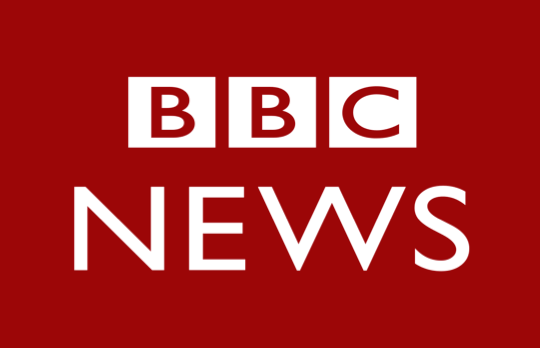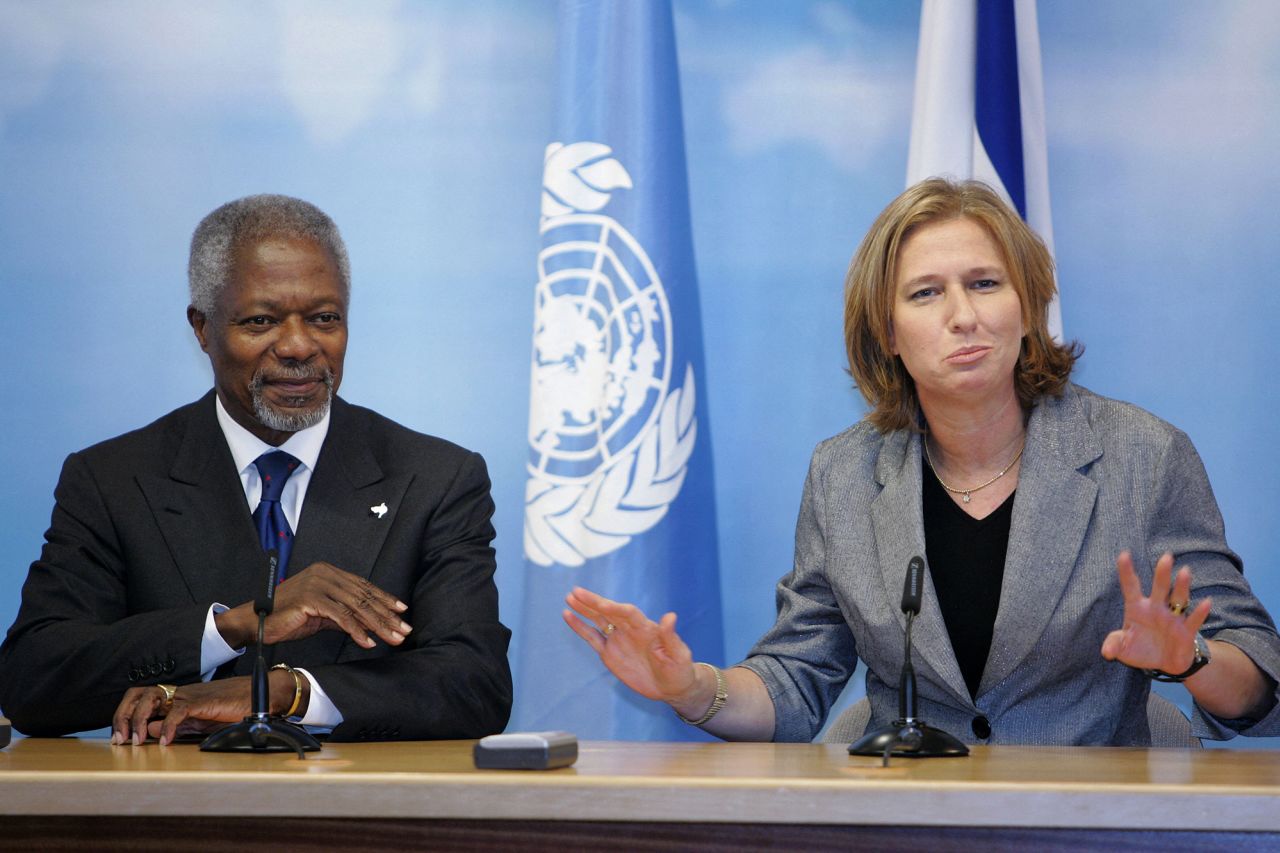- Israel's security cabinet is expected to approve a U.S.- and France-brokered ceasefire plan with Hezbollah, including a 60-day withdrawal period and deployment of Lebanese forces south of the Litani River. BBC.com
- The ceasefire deal proposes a joint international committee led by the U.S. to monitor implementation, alongside reinforced UN peacekeeping forces in southern Lebanon. BBC.com
- Israeli airstrikes on Beirut and southern Lebanon continued as negotiations progressed, with heavy bombardments targeting Hezbollah infrastructure. AlJazeera.com
- Hezbollah has agreed in principle to the ceasefire, while Lebanon faces challenges in mobilizing resources to fulfill its commitments under the agreement. BBC.com
- The deal does not address Israel’s demand for a formal U.S. letter supporting its right to act in Lebanon if Hezbollah violates the agreement. CBSNews.com
The ceasefire agreement between Israel and Hezbollah is viewed as a diplomatic success aimed at stabilizing the region. Proponents argue that the involvement of the U.S. and France underscores a commitment to peace and the protection of civilians. The withdrawal of military forces and deployment of Lebanese troops south of the Litani River is seen as a significant step towards implementing UN Resolution 1701, potentially reducing Hezbollah's influence near the Israeli border. For supporters, this agreement marks a critical turning point in de-escalating violence while paving the way for long-term peace in the Middle East.
Critics of the ceasefire argue that it compromises Lebanon's sovereignty and imposes unrealistic expectations on its military, which is under-resourced and ill-equipped to control Hezbollah. Hezbollah's supporters frame the agreement as an externally imposed measure that fails to address underlying grievances, particularly Israeli airstrikes on Lebanese soil. They fear that the deal could weaken the resistance movement's ability to defend Lebanon against future aggressions, exacerbating internal divisions in an already fragile state. This perspective highlights skepticism about the feasibility and fairness of the agreement.
Some analysts see the agreement as a temporary fix that falls short of addressing broader issues in the Israel-Hezbollah conflict. While the ceasefire may bring immediate relief, it does not tackle the deeper geopolitical tensions or the humanitarian crises in Gaza and Lebanon. The exclusion of a formal guarantee for Israel's right to act against Hezbollah violations raises questions about the agreement’s enforceability. This perspective views the deal as a short-term arrangement that delays, rather than resolves, the cycle of violence and instability in the region.
Details
Security
Bias

Reactions
The recent discussions on a proposed ceasefire between Israel and Hezbollah, brokered by the United States and France, have drawn significant international attention. The plan aims to halt over a year of escalating violence along the Israeli-Lebanese border, which began in October 2023 with Hezbollah firing rockets into Israel in solidarity with Hamas. Under the agreement, Israeli forces would gradually withdraw from southern Lebanon over 60 days, while Hezbollah would retreat north of the Litani River. The Lebanese Army, supported by UN peacekeepers, would take control of the region, ensuring that Hezbollah does not re-enter. This arrangement builds upon UN Security Council Resolution 1701, originally designed to end hostilities between the two parties in 2006. However, questions remain regarding the Lebanese Army's capability to enforce these terms given its limited resources BBC.com CBSNews.com.
The negotiations come amid ongoing violence, with Israeli airstrikes targeting Hezbollah strongholds in Beirut and southern Lebanon, including densely populated areas. Reports indicate that strikes have caused significant casualties and displacement, with thousands killed and over a million people displaced in Lebanon alone. Despite the escalation, Lebanese officials, including Hezbollah leaders, have expressed a willingness to agree to the ceasefire terms. The agreement includes provisions for a five-nation monitoring committee, chaired by the U.S., to oversee implementation. Meanwhile, far-right elements within Israel’s government, such as National Security Minister Itamar Ben-Gvir, oppose the deal, advocating for continued military action against Hezbollah. Critics within Lebanon similarly fear that the deal undermines sovereignty and weakens Hezbollah’s resistance capabilities AlJazeera.com NYTimes.com.
Another contentious point is Israel’s demand for a U.S. guarantee allowing it to act militarily in Lebanon should Hezbollah breach the agreement. While this demand has not been included in the formal proposal, reports suggest it may be addressed in separate communications between the U.S. and Israel. Lebanese authorities have rejected such terms, viewing them as a violation of national sovereignty. In parallel, the international community, including the European Union, has urged Israel to approve the ceasefire, emphasizing that the agreement sufficiently addresses its security concerns. Analysts remain divided on the agreement’s potential effectiveness, with some arguing that it represents a strategic step toward de-escalation, while others see it as a temporary fix that fails to address deeper geopolitical issues BBC.com Newsweek.com.
The war's impact has been devastating for both sides. In addition to significant loss of life, Lebanon has suffered an estimated $8.5 billion in economic damages. Hezbollah has lost key leaders, including its long-time chief, Hassan Nasrallah, and its infrastructure has been severely weakened. However, the group’s political and social influence within Lebanon’s Shia community remains strong. For Israel, the conflict has displaced tens of thousands of residents in its northern regions. Prime Minister Benjamin Netanyahu’s government has framed the ceasefire as a means to enable these citizens to return home, though many remain skeptical of their safety without Hezbollah's complete disarmament AlJazeera.com CBSNews.com.
While the ceasefire proposal marks progress, it highlights broader regional tensions, including unresolved conflicts in Gaza. U.S. officials have suggested that success in Lebanon could influence dynamics in Gaza, though analysts remain skeptical of such outcomes. As negotiations continue, stakeholders emphasize the need for vigilance in enforcing the terms to avoid future escalations. With international support and close monitoring, the ceasefire could serve as a model for addressing entrenched conflicts, though its ultimate success depends on cooperation from all parties involved ABCNews.com NYTimes.com.

The article highlights Israel's reliance on future US administrations and skepticism from international actors, such as Russia and the UN, regarding Israel's approach. Sentences like 'the region is not ripe for implementing at least the existing UN resolutions on Lebanon' frame Israel's actions as ineffective.
Read full article

Statements like 'Israeli attacks on Beirut aim to weaken Hezbollah further before negotiations' and highlighting Lebanese resistance frame the narrative as critical of Israeli actions.
Read full article

The report highlights damage caused by Israeli strikes and civilian casualties, with lines like, 'Israel's airstrikes on southern Beirut killed 31 people, sparking international concern,' which shifts focus to the humanitarian cost.
Read full article
Negative
Sentiment

The article reports progress in ceasefire negotiations without delving into partisan opinions, stating, 'We continue to work with our American partners on this and hope that all parties involved will seize this opportunity.'
Read full article

The article objectively outlines the terms, such as the transition period and withdrawal plans, stating, 'Lebanon and Israel are discussing a US-brokered draft ceasefire agreement that would provide for a 60-day transition period.'
Read full article

The article outlines logistical aspects of the ceasefire, such as, 'The agreement will involve a 60-day cessation of hostilities and withdrawal of forces,' without leaning into any particular narrative.
Read full article

The article discusses the terms of the agreement and potential challenges, such as, 'Lebanon's demands to solidify border disputes remain contested,' framing the discussion around procedural facts.
Read full article
Neutral
Sentiment

Sentences like 'Israel insists on guarantees to resume military action if Hezbollah violates the truce' portray Israel's conditions as logical and necessary for security.
Read full article
Positive
Sentiment












